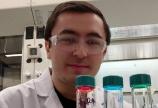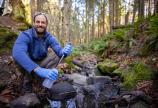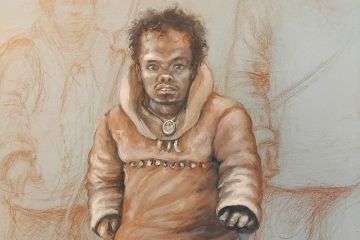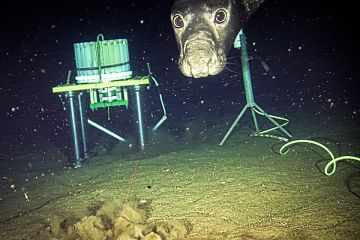BC support advances UVic research and innovation
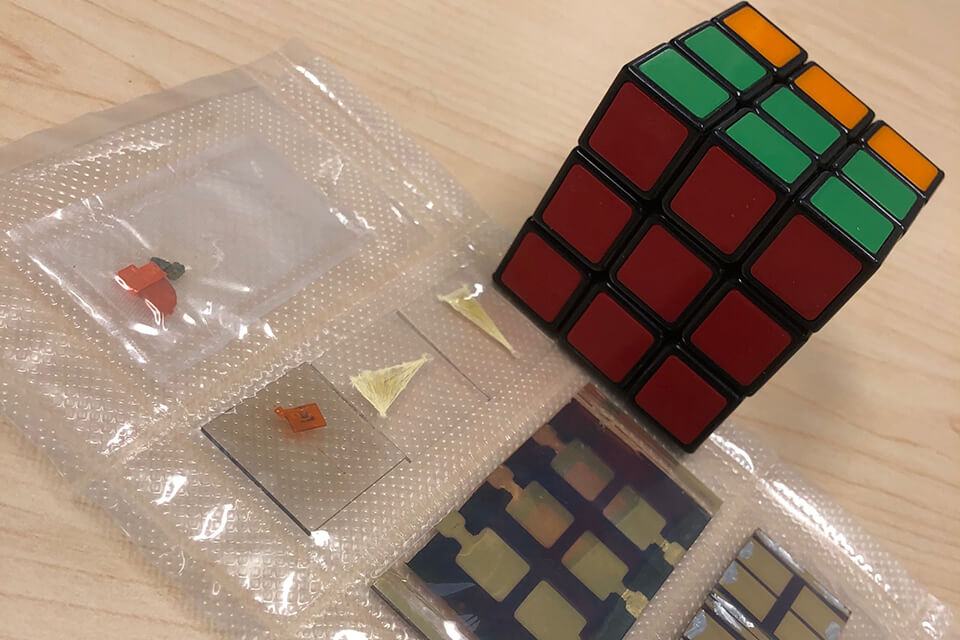
From building better water resource management systems, to meeting the growing demand for solar energy technologies, to increasing our understanding of the aging process, University of Victoria researchers are making vital impacts in their fields—impacts made possible by funding announced today by the Government of British Columbia through the BC Knowledge Development Fund (BCKDF).
Thanks to the BCKDF program, which provides matching funding for Canada Foundation for Innovation (CFI) projects, three Canada Research Chairs (CRC) based at UVic are receiving funds to tackle problems shared by many communities in Canada and around the world.
Research collaborations provide opportunities to grow ideas and encourage more innovation and having the support of both provincial and federal governments gives UVic researchers global reach.
When we make investments in research we invest in shared success in British Columbia, Canada and the world. Canada’s research communities need critical funding to build capacity, to bring new discoveries to light and to deliver essential training for tomorrow’s science teams. Today, Canadian researchers are demonstrating in real time just how committed UVic is to meeting the United Nations Sustainable Development Goals and making a difference in Canada and around the world.
—Lisa Kalynchuk, UVic vice-president research and innovation
Community-led nature-based solutions for water
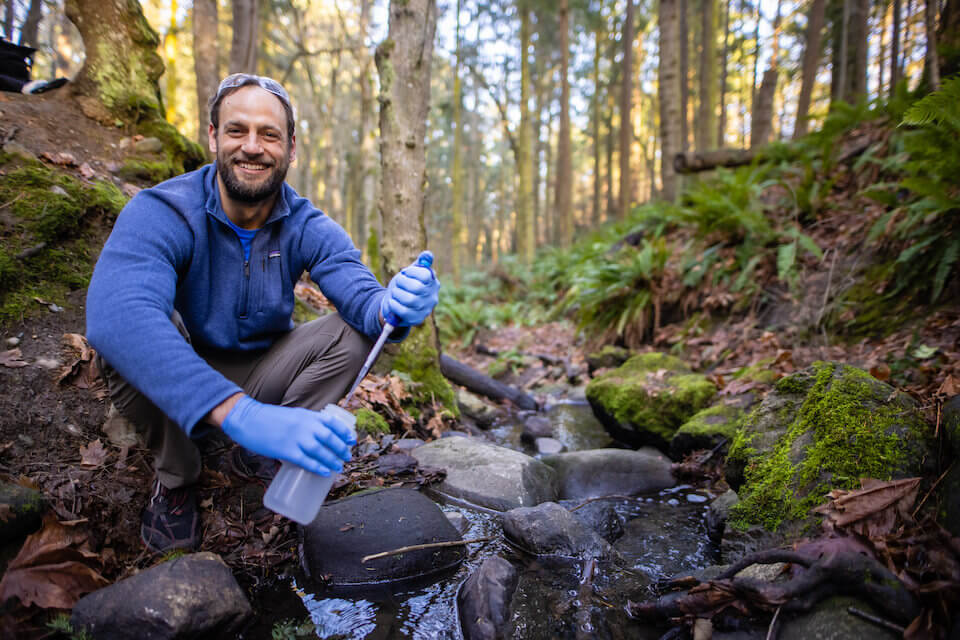
Kristian Dubrawski, CRC in Water Sustainability for Indigenous and Rural Communities, aims to support communities in learning, engaging and acting to use nature-based solutions for water to support both ecological and human health. His research includes eco-technologies for water reuse, water-quality monitoring and supporting communities in water management. “This equipment is critical for communities to monitor their watersheds, as well as enable our lab to look at more complex samples for water quality,” says Dubrawski.
Making the future bright
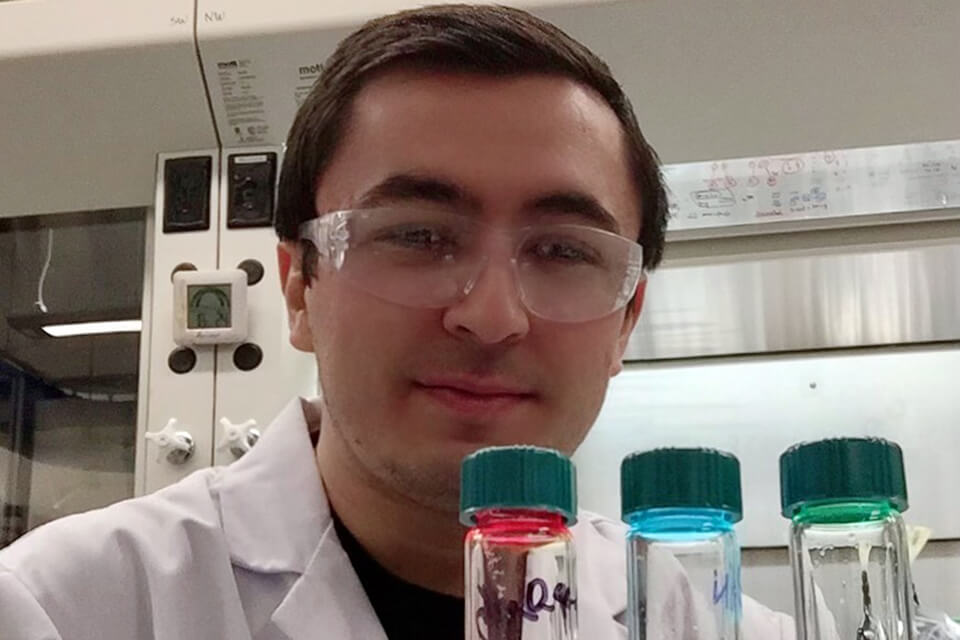
Materials scientist Makhsud Saidaminov, CRC in Advanced Functional Materials, is uniting chemistry and physics to address urgent global challenges, from solar energy efficiency to better X-ray devices. Saidaminov’s research uses novel chemistry and engineering techniques, including the development of artificial intelligence, to discover new materials for solar energy technologies without using toxic heavy metals. Saidaminov wants to develop solar energy technologies that are more efficient at energy harvesting, and cheaper and safer to produce.
“This program will provide Canada with a competitive edge in the booming frontiers of materials science and engineering, including the multibillion-dollar market of photovoltaics,” Saidaminov says. “Developing reliable and low-cost photovoltaics to slow-down climate change is particularly important to Canada, as the rate of warming in Canada has been registered to be twice as fast as the global average.”
What are the links between nutrients, fertility and aging?
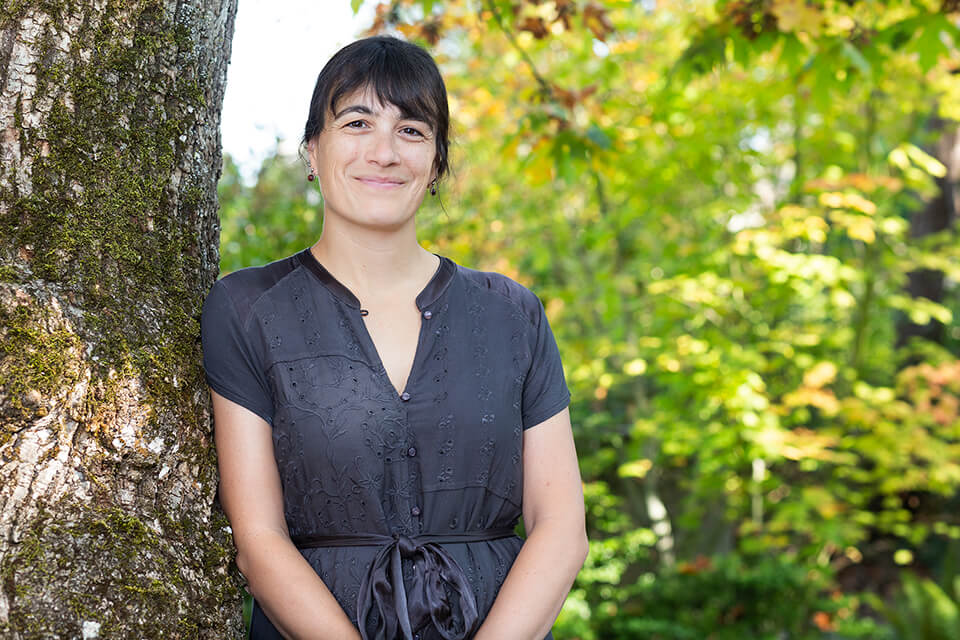
Nicole Templeman wants to better understand how to delay and slow the progression of age-related deterioration. “Considering the population is aging across Canada and the senior demographic in BC exceeds the national average,” Templeman explains, “there is a growing need to understand the underlying biological changes associated with aging. We can develop approaches to better maintain health during aging.” Aging is characterized by cellular deterioration that underlies a myriad of changes, and old age is the greatest risk factor for many diseases. Templeman, CRC in Cell Biology, is investigating signalling pathways and molecular mechanisms that are involved in coordinating metabolism, reproduction and longevity.
All three research efforts provide insights and opportunities that contribute to healthier and sustainable communities.
Photos
In this story
Keywords: research, community, chemistry, climate, environment, funding, clean energy, sustainability, Indigenous, economic
People: Kristian Dubrawski, Nicole Templeman, Makhsud Saidaminov, Lisa Kalynchuk



